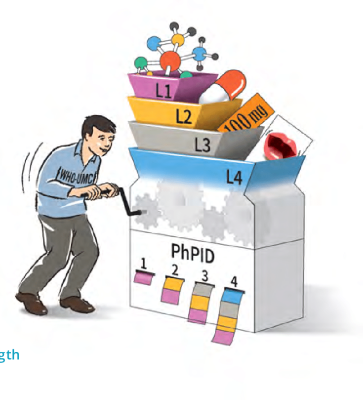The Norwegian Medicines Agency is very much aware of its role of interoperabilty enabler and has initiated in 2019 the SAFEST project which aims at the distribution of interoperable medicinal master data for clinical use.
On March 29 and 30, the SAFEST project arranged a face2face workshop with WHO Uppsala Monitoring Center (UMC) in Oslo about the PhPID generation. NOMA collaboration with with UMC started in June 2022 and 5 virtual meetings had already taken place.
The UMC has an pivotal role in the generation of a global unique Pharmaceutical Product Identifier (PhPID) for medicinal products (Watch this short interview to undestand why) . The PhPID must be generated based on substance, dose form and strength.
The PhPID will provide a grouping of medicinal products which have similar clinical effect and will bring an important added value to many existing (and many more not yet to describe) business scenarios; one may cite for example prescribing and dispensing nationally, cross boarder prescribing and dispensing, handling drug shortages and pharmacovigilance.
Much of the debate went around about the following question: “what should be the input variables to generate the PhPID”. We porvide here below a sample of the key questions to be solved:
- Is it the strength of the active substance or of the active moiety?
- And what about medicinal products that need transformation before being administered to the patients?
- Should the presentation strength or concentration strength be used?
- How should medicinal products with combined intended sites be handled, e.g. drops for nose, ear and eye?
- How can the PhPID give the doctor the best decision support when prescribing?
Representatives from the Norwegian public hospitals had prepared user stories about Tomas and Gitte loosely based on “IDMP in a Capsule”. In a simple way they outlined the possible negative implications of a PhPID based on “wrong” variables. This proved to be an excellent method to define the precise requirements and controls needed for the PhPID geneartion.
NoMA’s SAFEST project wants to continue its direct collaboration with UMC while the results of this work will be further enriched by the whole UNICOM consortium.


